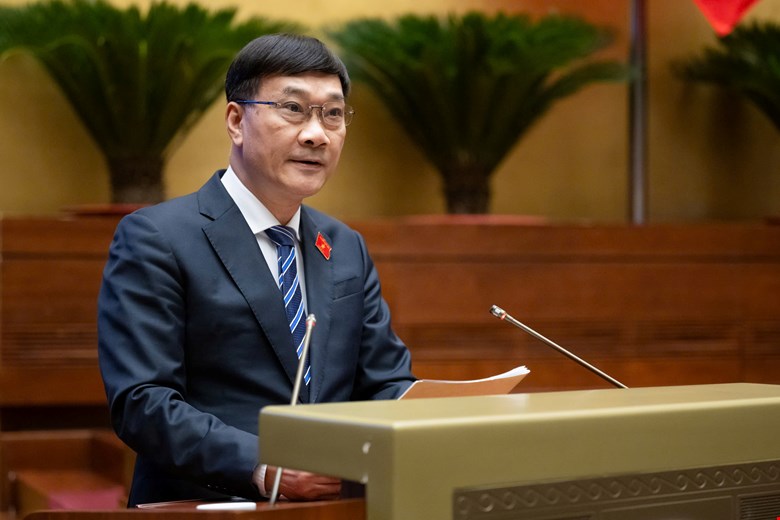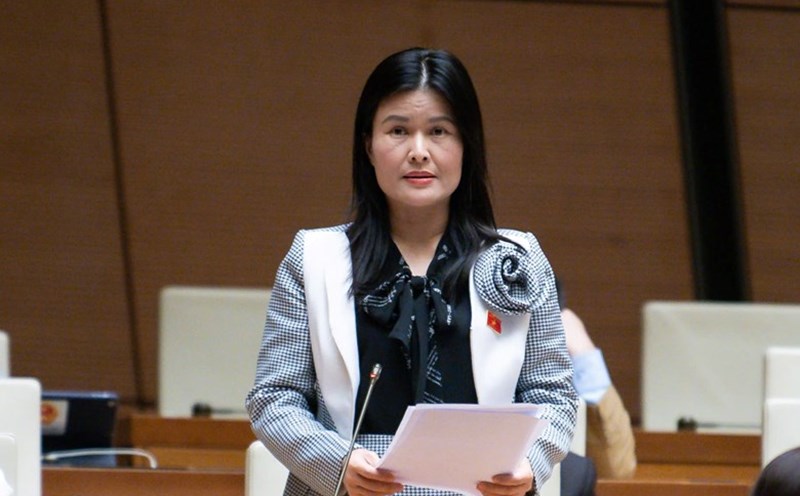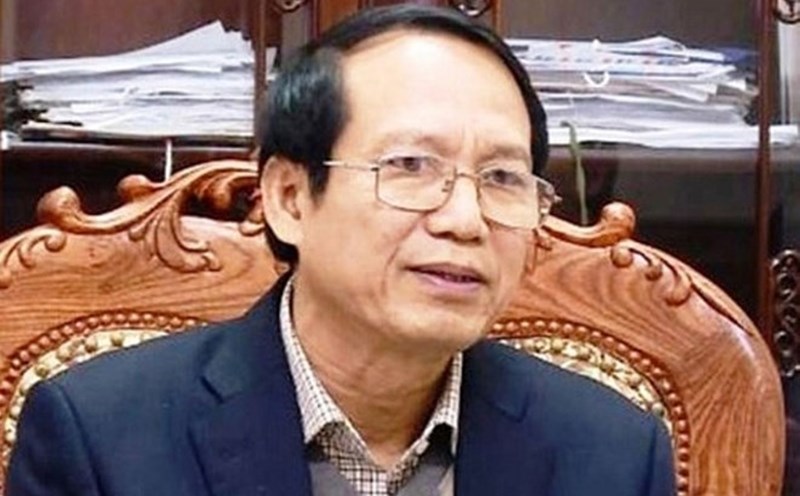On the afternoon of November 29, the National Assembly passed the draft Law amending and supplementing a number of articles of the Law on Planning, the Law on Investment, the Law on Investment under the public-private partnership model and the Law on Bidding.
The Law takes effect from January 15, 2025, except for the implementation of BT projects paid by land funds and BT contracts paid by the state budget, which will take effect from July 1, 2025.
In the report on reception and explanation, Chairman of the National Assembly's Economic Committee Vu Hong Thanh said that the Investment Law has been revised in the direction of simplifying detailed contents on documents and procedures, retaining only necessary principles and specific contents.
In particular, by amending and supplementing a number of articles of the Law on Investment under the form of public-private partnership (PPP), the Government will restart projects under the BT contract mechanism.
The National Assembly Standing Committee believes that currently, BT contracts have been piloted with different regulations on fields, project scale and payment methods, but have not been fully and thoroughly summarized and evaluated. Therefore, there is not enough basis to legalize the regulations on mechanisms, order and procedures of BT contracts in the draft law.
To create a legal basis for implementing the BT contract mechanism and absorb the opinions of National Assembly deputies, the draft law only stipulates the basic principles on payment mechanisms for investors for 3 forms.

BT investors are paid by land fund, paid by state budget and do not require payment. At the same time, supplement the regulation assigning the Government to specify the BT contract mechanism in detail for the above payment methods.
In addition, continue to stipulate the authority of the Prime Minister in establishing an interdisciplinary appraisal council; stipulate that the State Audit conducts an audit of compensation costs and allows the parties to agree and hire an independent auditor to audit these costs.
Clarify that the environmental impact assessment report or environmental license is an independent document and not part of the feasibility study report; allow the competent authority deciding on investment policies to decide on the maximum state capital ratio of 70% for eligible projects.
The Law also adds provisions allowing independent projects or PPP component projects to separate compensation and resettlement support costs using public investment capital, applying a maximum state capital ratio of 70% of the total investment if meeting conditions on location or technology transfer.
The regulation assigns the Provincial People's Committee as the competent authority to unify the responsibilities of localities in paying the reduced revenue according to the investment policy decision.











